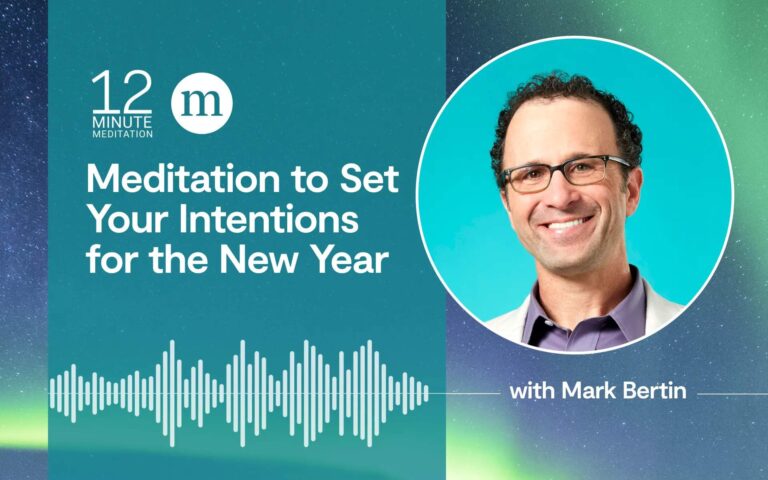Forget about making resolutions this year. Instead, start the new year with a positive mindset by focusing on your intentions through this mindful practice.
As the year comes to a close, many of us reflect on our experiences, set new goals, or plan for the future. However, practicing mindfulness involves regularly letting go of our current concerns and habits. Whenever we take a moment to pause, we can release whatever has been occupying our thoughts and refocus on our intentions and efforts.
This could mean paying full attention to our experiences, engaging with those around us, or simply having a conversation with our children. It may involve stepping back from reactive behavior and approaching situations with greater patience and understanding. Furthermore, it’s about juggling the stress we often encounter and placing more emphasis on gratitude, joyful moments, and enjoyable activities. We could also strive to be kinder and more compassionate toward ourselves, others, or even those we find challenging. All these qualities can be nurtured and enhanced during our mindfulness practice, regardless of how much time we dedicate to it.
A Guided Meditation for Your New Year Intentions
- Assume a comfortable position. Lower your gaze or close your eyes, and pay attention to the physical movements of your body with each breath. You might feel sensations in your belly or chest, or notice the air passing in and out of your nose and mouth.
- Consider your effort and intention. What do you wish to focus on during your practice today? It might be about gathering your attention or fostering a sense of determination. Alternatively, your goal might simply be to engage in this practice without feeling stress or pressure.
- Infuse your practice with intention and awareness. You can achieve this by cultivating a feeling of open awareness with each inhalation.
- As you exhale, create a word that embodies your intentions. Inhale with awareness, perhaps visualizing something or feeling gratefulness for what resonates with you at this moment. Exhale, releasing your intentions for now.
- You may find your attention drifting during your practice or in life—that’s perfectly normal. If distractions arise or you feel discomfort, recognize that it’s part of the experience. Aim to return to the practice with a sense of awareness.
- At the end of the practice, take a moment to pause with purpose, deciding how you wish to continue with your day.
Remember, whatever challenges you face, the only aspect you can control is your response. Reactivity and frustration often lead to more of the same. You might find yourself caught in self-judgment or judgment of others. Through mindfulness, you can develop a clearer, more balanced sense of awareness. At any given moment, you can recognize when you’ve veered off course and realign with your true intentions, acknowledging that it’s normal to lose focus and return periodically.
The Importance of Having a Self-Care Plan
Shelly Tygielski shares a simple three-step method to help you create your own self-care plan—no need for a bubble bath.
Read More


